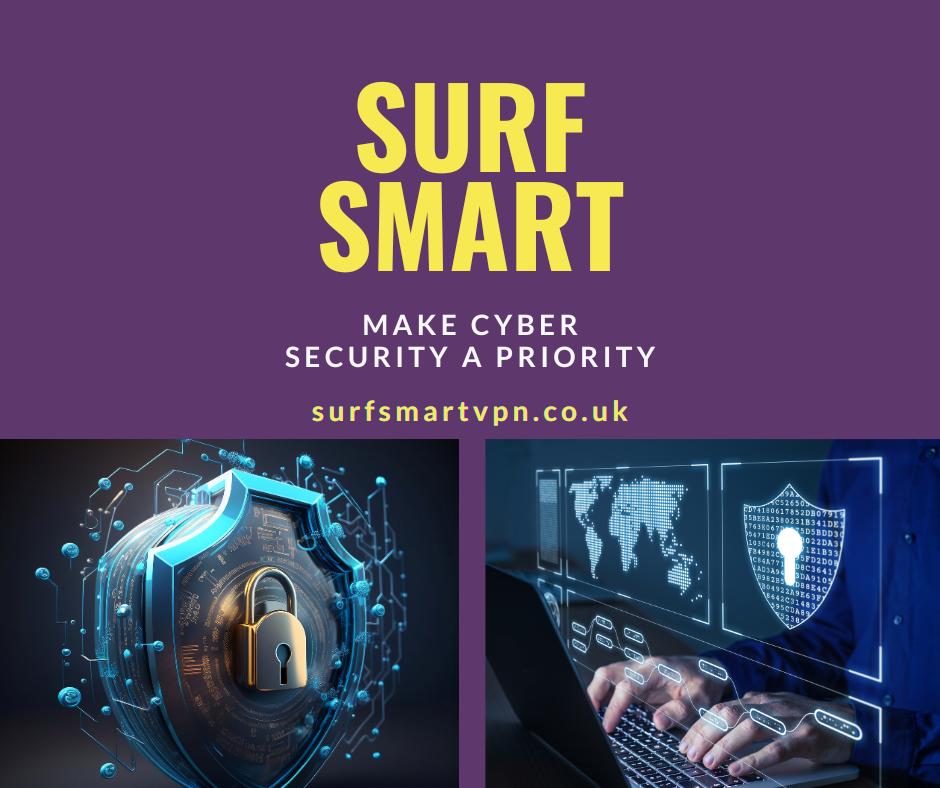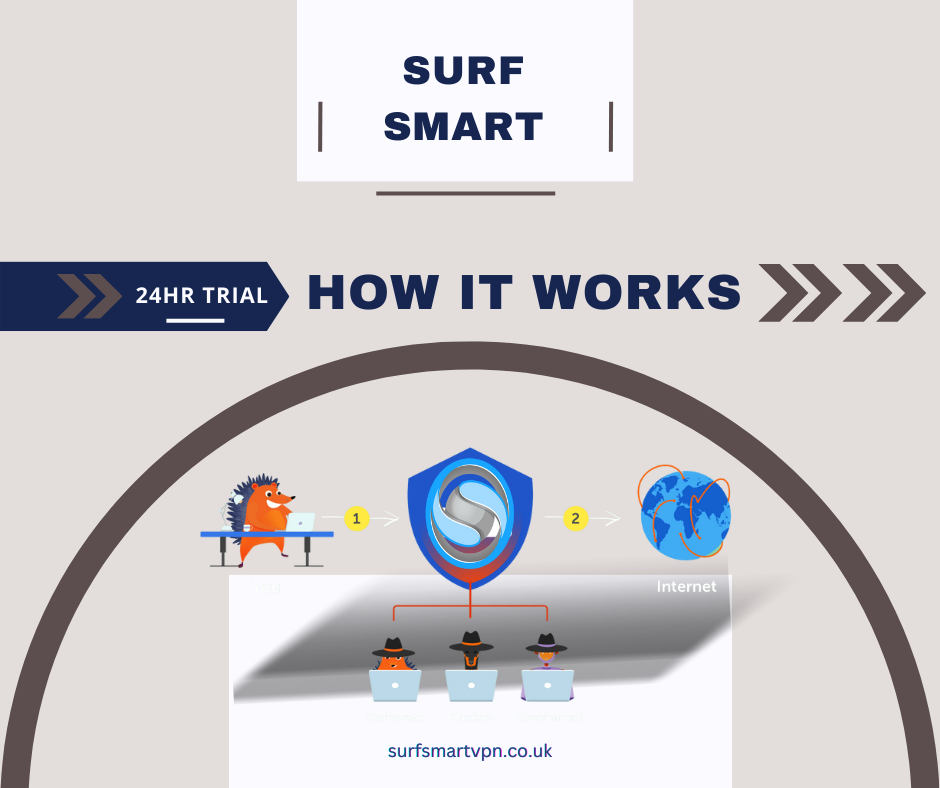Introduction
In today's digital era it's impossible to be too serious about security and privacy online. Virtual Private Networks are becoming increasingly popular as more people become conscious https://surfsmartvpn.co.uk/virtual-private-network-vpn/ of the growing number cyber-threats, data breaches and third party tracking. It helps to protect your confidentiality while browsing on the internet by protecting your data and masking an IP address. What if you were able to develop your own private VPN? This comprehensive guide will walk you through the process of creating your own virtual private network, discussing its benefits, setup procedures, and more.
Understanding Virtual Private Networks
What is a VPN?
A Virtual Private Network (VPN) provides a safe and secured connection between the device and the internet. This technology serves as a protective barrier against potential threats, allowing users to browse safely without exposing their sensitive information.
How Does a VPN Work?
When you connect to the internet via a VPN, all your data travels through an encrypted tunnel to a remote server before reaching its destination. This process not only hides your IP address but also ensures that any data exchanged is secure from prying eyes.
Are VPNs Worth It?
With numerous options available in the market, many people ask themselves, "Are VPNs worth it?" Based on your specific needs, you'll determine your answer. If you're concerned about privacy, security while using public Wi-Fi networks, or accessing geo-restricted content, investing in a reliable VPN can be highly beneficial.
Benefits of Using a Virtual Private Network
Enhanced Privacy : Your IP address is masked. Secure Data Transmission : Encryption protects sensitive information. Access Restricted Content : Bypass geographical restrictions. Prevent Bandwidth Throttling : ISPs can't throttle speed based on usage. Safe Remote Access : Connect securely from anywhere in the world.How to Create Your Own Free Virtual Private Network
Creating your own VPN can be an empowering experience. Below are detailed steps on how to set up a free virtual private network at home.
Step 1: Choose Your Server Type
Before diving into configuration details, you'll need to decide on the type of server you wish to run for your VPN:
- Dedicated Server : More robust and secure but may incur costs. Home Server : Can use existing hardware; budget-friendly but less powerful.
Step 2: Select Software for Your VPN
There are various software options available for setting up a personal VPN. Some popular choices include:
- OpenVPN WireGuard SoftEther
Each option has unique features; choose one that aligns with your technical skills and requirements.
Step 3: Prepare Your Hardware
If you're using a dedicated server or repurposing an old PC:
- Ensure it meets minimum hardware requirements. Install an operating system (Linux distributions like Ubuntu are commonly used).
Step 4: Configure Router Settings
To establish remote access:
Log in to your router's settings via its IP address. Enable port forwarding for your chosen software's port. Make sure Dynamic DNS is enabled if you have a dynamic IP address.Step 5: Install and Configure Your Chosen Software
Follow these general steps (specific commands may vary based on software):
Download the installation package. Use terminal commands (for Linux) or guided GUI setups (for others) for installation. Configure settings such as user authentication and encryption protocols.Common Configurations for Your Personal VPN Setup
Choosing an Address for the VPN Server
Your server's address plays a crucial role in connecting devices remotely:
- Use static IP addresses whenever possible. If not available, consider Dynamic DNS services.
Configuring User Permissions
Setting permissions carefully ensures only authorized users can access the network:
Set up usernames/passwords for each user. Adjust firewall settings accordingly.Testing Your Newly Created VPN Connection
Once you've configured everything correctly:
Connect remotely using a device outside of your local network. Conduct speed tests to ensure performance meets expectations. Verify that IP addresses show as expected when browsing online.FAQ Section
1. What does a virtual private network do?
A virtual private network encrypts your internet connection and masks your IP address, enhancing online privacy and security while allowing access to restricted content.
2. How much does it cost to use a VPN?
While there are paid options with premium features ranging from $5 to $15 per month, creating your own free virtual private network incurs no costs beyond initial setup expenses like hardware or hosting fees.

3. Are there any disadvantages of using a free VPN?
Free options often come with limitations such as slower speeds, limited bandwidth or data allowances, fewer server locations, and less robust security compared to vpn networks free paid services.
4. How can I change my VPN location?
You can change your location by selecting different servers within the same software interface or reconfiguring settings based on preferred geographic locations if you're running your own server setup.

5. What protocols should I use when setting up my personal VPN?
Commonly used protocols include OpenVPN for strong security and flexibility; WireGuard provides faster speeds while remaining secure; PPTP offers simplicity but lower security levels compared with others.
6. Is it legal to use a personal virtual private network?
Yes! Operating your own virtual private network is legal in most countries; however, always ensure compliance with local laws regarding internet usage and data protection regulations.
Conclusion
Creating your own free Virtual Private Network not only enhances online privacy but also empowers users with control over their digital footprint while accessing global content seamlessly. Following this step-by-step guide on "How to Create Your Own Free Virtual Private Network," you are now equipped to start this process without hesitation! Whether you're focused on securing personal data or bypassing geo-restrictions effectively--establishing a DIY VPN offers numerous advantages tailored specifically for individual needs!
Now that you're equipped with this invaluable information--what're you waiting for? Get started today!